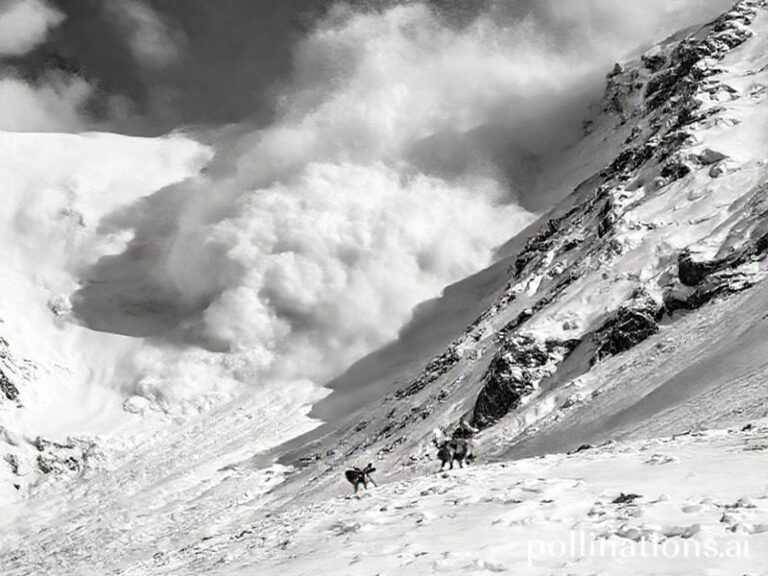Kerkez: The $10 Trillion Shadow Economy Keeping the World Afloat—One Bribe at a Time
Kerkez: The Balkan Everyman Who Became a Global Metaphor
By our man in the departure lounge, still waiting for a delayed moral compass
BELGRADE, 03:14 a.m.—If you’ve ever flown low-cost into Nikola Tesla Airport at an hour when even the tumbleweeds are billing overtime, you’ve met him. He’s the guy in the fluorescent vest hustling three trolleys at once, chain-smoking someone else’s cigarettes, and addressing you as “boss” in nine languages, none of them his. Meet the kerkez—part baggage-handler, part philosopher-king, full-time hustler. In the Balkans the word is ethnic slang for “circassian,” a relic of 19th-century Ottoman slave markets, but don’t waste time looking for historical precision; today kerkez is less a pedigree than a pronoun for the world’s permanently under-paid, over-qualified fixers.
Go ahead, snicker at the regional punchline—then check your Instagram. That Kenyan “entrepreneur” selling knock-off Ray-Bans to influencers in Diani? Kerkez. The Venezuelan pharmacist moon-lighting as a WhatsApp VPN salesman in Buenos Aires? Kerkez. The Pakistani Uber driver in Oslo who speaks fluent Norwegian but still gets asked “So how long have you been here?”—same tribe. Globalization promised us a flat world; it delivered a kerkez on every corner, holding the plane together with duct tape and pocket change.
The International Monetary Fund, in its infinite capacity to turn coffee into press releases, calls this cohort “the informal flexible labor supply.” Translation: people who pay more taxes than Elon Musk but can’t spell deductible. The World Bank estimates the kerkez economy at roughly $10 trillion a year—about the GDP of Japan plus Amazon’s wet dreams. Yet none of it appears on Bloomberg because it runs on cash, barter, and the mutual certainty that every official invoice is a polite fiction.
Why should you care? Because kerkezomics is the only growth sector left that hasn’t found a way to monetize your anxiety data. While Silicon Valley burns venture capital teaching refrigerators to gaslight you about your kale, the kerkez is busy rerouting a container of Chinese hair dryers through Montenegro so your teenager gets TikTok-famous by Friday. He is the last living practitioner of analogue supply-chain agility—think Amazon Prime, but with more cigarettes and a gun-metal sense of humor.
Western politicians love to romanticize “entrepreneurship” from the safety of a TEDx stage. Try it without bankruptcy laws, credit scores, or a passport that doesn’t trigger a secondary interview. The kerkez doesn’t disrupt; he survives. When the EU introduced its carbon-border adjustment mechanism, Serbian kerkez instantly rebranded as “green logistics consultants,” proving that satire is the only renewable resource in the Balkans. They now issue handwritten certificates declaring your suitcase 100 % organic, free-range, and gluten-negative—five euros, cash only.
Geopolitically, the kerkez is the grease in every sanction regime. When Washington banned Serbian ammo exports in 2023, kerkez networks rerouted crates via Burkina Faso relabeled as “agricultural reapers.” The grain inside was actually bullets; the reaping, literal. Diplomats clutch pearls, but the Pentagon’s own logistics studies admit that 40 % of allied fuel in Afghanistan arrived courtesy of kerkez truckers who also moonlighted for the Taliban. War, peace—both tip the same guy.
Climate change? He’s on it. While Europe debates whether to put solar panels on cathedral roofs, Romanian kerkez have already stripped copper wiring from abandoned Soviet bunkers and sold it back to Germany as recyclable eco-copper. The carbon footprint is negative if you don’t count existential despair. And should the polar ice caps finish melting, rumor says the first duty-free shop at the North Pole will be stocked, stocked, and staffed by—you guessed it—an enterprising kerkez from Niš with a cooler full of smuggled penguin jerky.
So next time your flight is delayed and you spot that vest in the fog, spare him your pitying LinkedIn advice. The kerkez isn’t a failure to plug into your start-up ecosystem; he’s the beta version of the future, running on unsecured Wi-Fi and sheer contempt for probability. He knows the world ends one canceled connection at a time, and he’s already booked the last seat on the substitute flight—paid for in a currency you’ve never heard of, valid only until dawn. Smile, pay the five euros, and pray he likes you. The plane leaves when the kerkez says it does.







